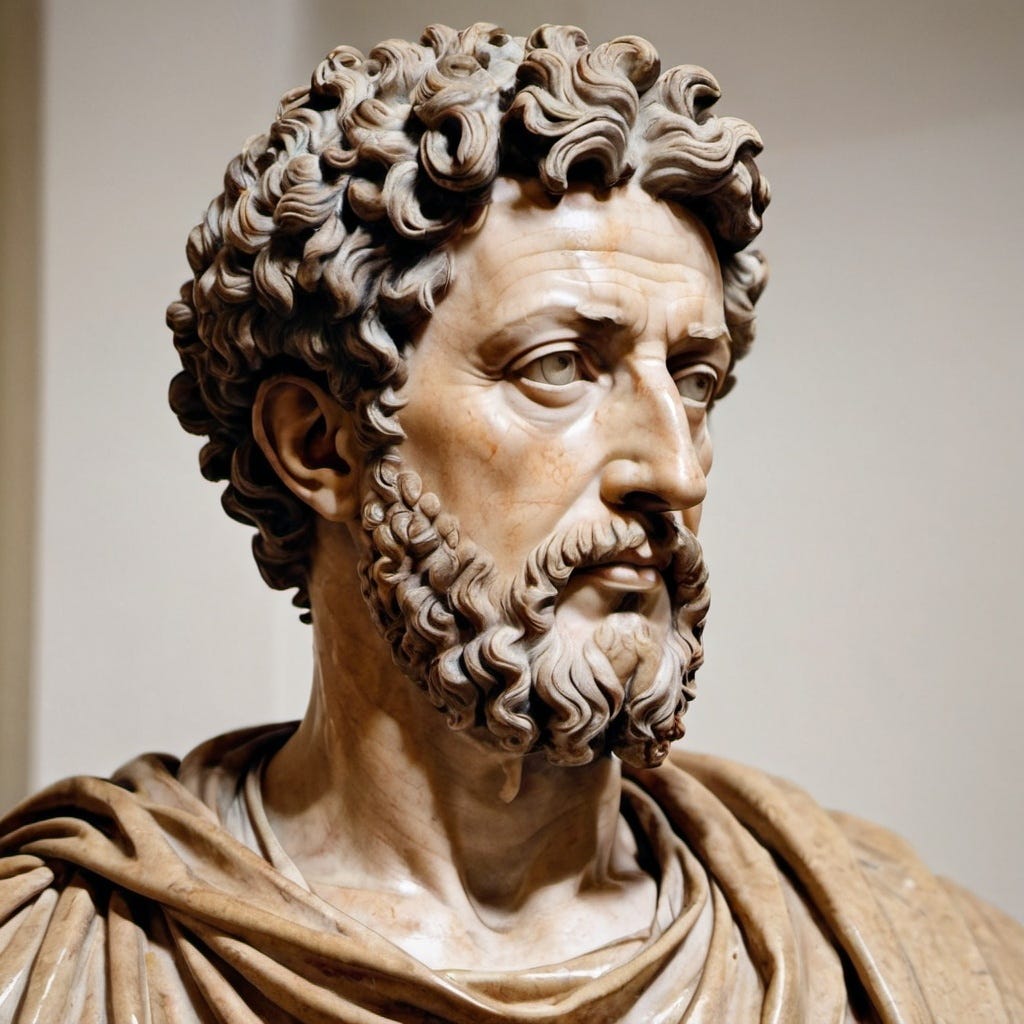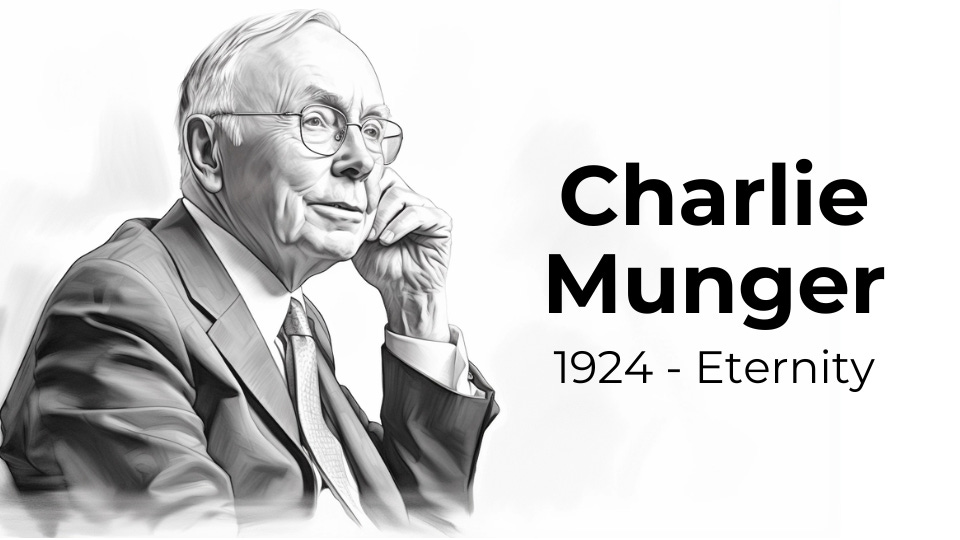Standing on the Shoulders of Giants
“Tell me who your heroes are and I’ll tell you how you’ll turn out to be.”― Warren Buffett
The title of this topic is inspired by the letter Isaac Newton wrote in 1675 to fellow scientist Robert Hooke in which he said, “If I have seen further, it is by standing on the shoulders of giants.” Newton was explaining that his ideas didn’t come from him alone. He relied on the ideas of those who came before him.
Roughly 107 billion people have lived throughout the history. We are smart not because of our individual intellect, but because of our collective knowledge. A $30 history book has lessons worth billions of dollars. As the historian Niall Ferguson noted, “The dead outnumber the living fourteen to one, and we ignore the accumulated experience of such a huge majority of mankind at our peril.”
Born in 1916 in New York, Sol Price, an American retailer and the founder of FedMart, Price Club, and PriceSmart is considered as the "father of the warehouse store" retail model. Costco founder Jim Senegal was once asked by a reporter, “You worked for Sol for so many years, you must have learned a lot?” To which Jim replied, “No, that’s inaccurate, I learned everything from Sol Price.” Walmart’s founder, Sam Walton, noted in his biography, "Most everything I've done I've copied from somebody else." Later he divulged, "I guess I've stolen - I actually prefer the word 'borrowed' - as many ideas from Sol Price as from anybody else in the business." Even Jeff Bezos’ Amazon Prime membership model draws from the innovation of Sol Price.
There are many such examples of notable people like Steve Jobs and Shakespeare, who mastered the best of what other people who came before had already figured out and used their inventions and ideas, sometimes building upon them.
Out of the many, the two people who have made the most impact on my life are Marcus Aurelius and Charlie Munger.
Marcus Aurelius
Marcus Aurelius was a Roman emperor who ruled from 161 to 180 AD. He is best known for his philosophical writings, particularly his diary "Meditations", considered a classic of Stoic philosophy. Stoicism teaches that one can achieve inner peace and happiness regardless of external circumstances by cultivating virtue, reason, and self-control.
Generated using openart.ai
Marcus Aurelius’ writings from 2000 years ago, which were not written to be published, have significant relevance to contemporary issues. Marcus, the then-most powerful man, reminded himself daily of the importance of humility, a strong sense of duty, and efforts to serve the state selflessly.
Here are some of the notable translations from his diary “Meditations”.
“The happiness of your life depends upon the quality of your thoughts.”
“You always own the option of having no opinion. There is never any need to get worked up or to trouble your soul about things you can't control. These things are not asking to be judged by you. Leave them alone.”
“Never let the future disturb you. You will meet it, if you have to, with the same weapons of reason which today arm you against the present.”
“Everything we hear is an opinion, not a fact. Everything we see is a perspective, not the truth.”
“It is not death that one should fear, but never beginning to live.”
“You have power over your mind — not outside events. Realize this, and you will find strength.”
“It's time you realized that you have something in you more powerful and miraculous than the things that affect you and make you dance like a puppet.”
Charlie Munger
Warren Buffet regarded Charlie Munger as “The Architect of Berkshire Hathway”, and the fastest 30 sec mind. Charlie died last year in November, just shy of his 100th birthday in Jan 2024. Often referred to as the “Berkshire Hathaway Vice Chairman” or “Warren Buffett’s right-hand man,” Charlie’s significance lies not only in the sheer size of his fortune but also in the depth of his wisdom, rationality, and success.
Charlie has been and always will be a guiding force in my life, shaping my values, decisions, and aspirations. His wisdom has been my compass, and his principles are sort of my North Star.
Credits: Vishal Khandelwal
Here are a few of Charlie’s wonderful one-liners, which are often called ‘Mungerisms’. These contain some great lessons on investing, decision-making, and living a good life.
“Take a simple idea and take it seriously.”
“The first rule of compounding: never interrupt it unnecessarily.”
“The big money is not in buying or selling, but in waiting.”
“Invert, always invert: turn a situation or problem upside down. Look at it backward.”
“A lot of success in life and business comes from knowing what you want to avoid.”
“The best thing a human can do is to help another human being know more.”
“To get what you want, you have to deserve what you want.”
“Always take the high road. It’s far less crowded.”
“I constantly see people rise in life who are not the smartest, sometimes not even the most diligent. But they are learning machines. They go to bed every night a little wiser than they were that morning.”
“You don’t have to be brilliant, only a little bit wiser than the other guys, on average, for a long, long time.”
Build a Personal Board of Directors, a group of people, both real and fictional, that you can call on for advice, each of whom represents traits or mental models that inspire you. These can be people you speak with directly or experts you learn from indirectly/virtually (for example: listening to them on podcasts). This group of powerful men and women would convene whenever you need them, ready to dispense wisdom. Turn people into mental models by simply asking yourself, “What would X person do?”.
Cloning from the actions of the experts is a powerful mental model. Unfortunately, cloning is looked down upon in society. It’s good to learn from your mistakes but it’s better to learn from other people’s mistakes. Instead of always trying to come up with entirely new ideas, look for what's already working well and replicate it.
Standing on the shoulders of giants enables us to see further. There are giants in every field. Don’t be intimidated by them. They offer an exciting perspective. As quoted by Warren Buffet, “What we learn from history is that people don't learn from history.” People spend too much time thinking about the last 24 hours and not enough time learning lessons from the last 6,000 years. Old ideas are usually better than new ones since they are the wisdom of generations after centuries of experiments in the laboratory of history.
Choose your heroes wisely. Try to be the giant for others in the future…that is the greatest calling of mankind.
History never repeats itself. Man always does.”– Voltaire, French writer and philosopher
-Sid


